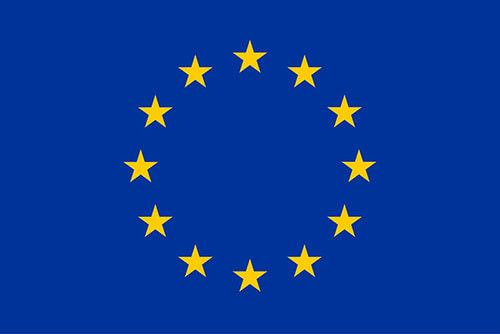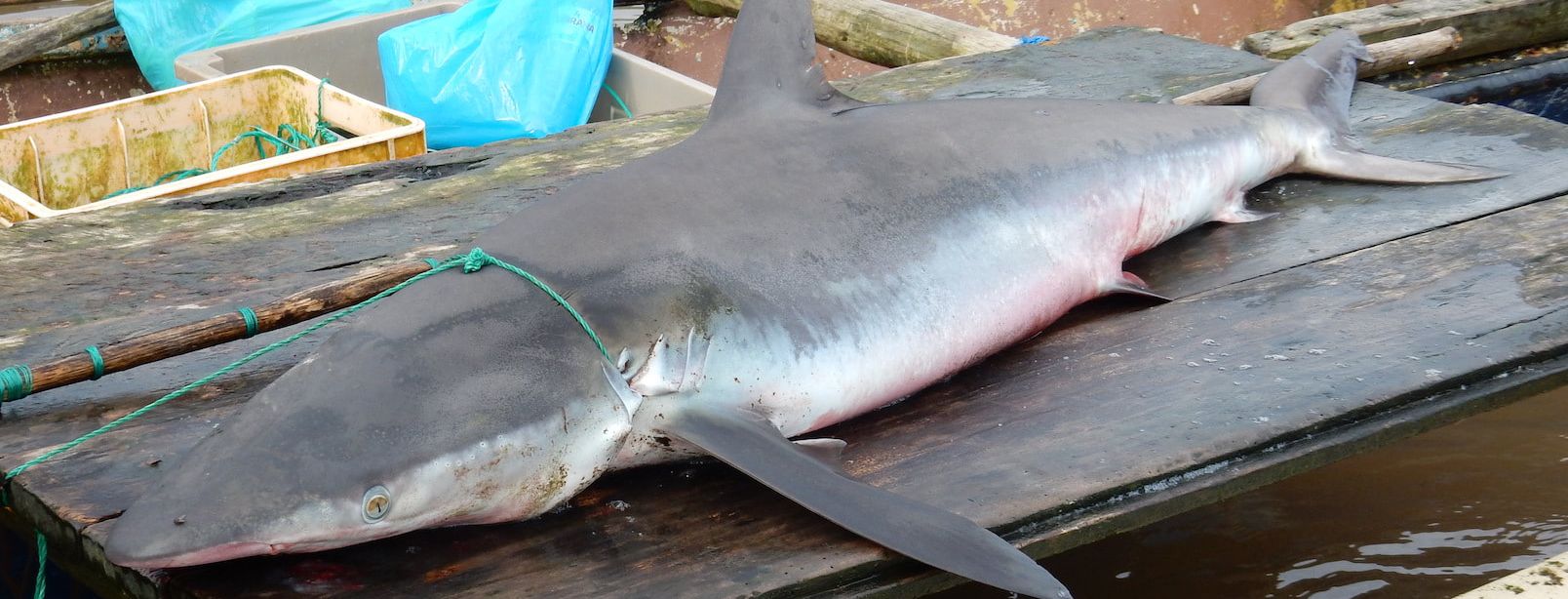SocioEcoFrontiers
Frontiers in social-ecological research: achieving the promise of integration in Marine Spatial Planning for resilient social and environmental outcomes
This a Marie Skłodowska-Curie Individual Fellowship research project hosted at the Interdisciplinary Centre in Social Sciences (CICS.NOVA) - School of Social Sciences and Humanities, NOVA University Lisbon.

This project has received funding from the European Union’s Horizon 2020 research and innovation programme under the Marie Sklodowska-Curie grant agreement No 843865.
What is it about?

People and nature are inextricably linked. Overcoming global challenges (e.g. food security and sustainable development) thus requires an integrated social-ecological perspective. Although essential for achieving international nature-development goals (e.g. IPBES; Blue Growth agenda; SDGs), the operationalization of social-ecological integration remains challenging. In particular, functional integration (i.e. bridging of science with policy or practice) is crucial for social and ecological resilience in light of current environmental change.
Social-ecological systems (SES) research points to different ways in which social-ecological integration can occur – conceptual (i.e. consideration of both social and ecological system components within single study), disciplinary (i.e. inclusion of approaches from multiple disciplines), methodological (e.g. incorporation of multiple tools), and functional (i.e. bridging of science with policy or practice).
The overall aims of this project are to critically analyse progress towards achieving social-ecological integration using marine spatial planning as a specific integrative process used worldwide, and identifying barriers and opportunities for facilitating a greater uptake of social-ecological tools and interventions within natural resource management and biodiversity conservation.
Timeframe: April 2020-April 2024 Mentors: Dr Sérgio Rosendo and Prof Regina Salvador
Research plans

Focusing on coastal and marine social-ecological systems and marine spatial planning (MSP), I will combine field-based studies, systematic reviewing and in-depth interviews to critically explore conditions facilitating or hindering social-ecological integration at global, European and national scales and enhance benefits of using integrative approaches. Two impactful case-studies (small-scale fisheries in São Tomé and Príncipe and Mozambique) will allow me to undertake a comprehensive analysis of these issues and their implications for marine biodiversity and human wellbeing, including socio-economic and gender aspects.
Combining analyses at the global, European and national levels, I will:
- Characterise key integrative approaches adopted in MSP projects worldwide and their application, and usefulness, to guide implementation of resource management interventions;
- Critically explore key science-policy-practice linkages and explore relationships between operational conditions behind functional integration and social-ecological outcomes across a wide range of EU member states;
- Assess the role of cross-sectoral and inter-stakeholder MSP linkages on knowledge production, uptake of findings and anticipated social and environmental outcomes for addressing specific sustainability challenges in two study systems (small-scale fisheries in São Tomé and Príncipe and Mozambique).
These research objectives will be addressed by three work packages, respectively:
- WP1: Review the application of social-ecological approaches in MSP worldwide
- WP2: Undertake a European-level analysis of planning and implementation of MSP projects with a focus on functional integration (i.e. science-policy-practice interface)
- WP3: Conduct a detailed case study comparison focused on MSP related to small-scale fisheries management in São Tomé and Príncipe and Mozambique
Project resources

This page is updated as project outcomes become available. This project participates in a Pilot on Open Research in Horizon 2020 which aims to improve and maximise access to and re-use of research data.
Oral presentation at Marie Curie IF @ NOVA FCSH Open Day (held online, 10th July 2020): Marie Curie IF testimonial
Poster presentation at IMCC6 (6th International Marine Conservation Congress, held online from 17th to 28th August 2020): Frontiers in Social-Ecological Research: Achieving the Promise of Integration in Marine Spatial Planning for Resilient Social and Environmental Outcomes